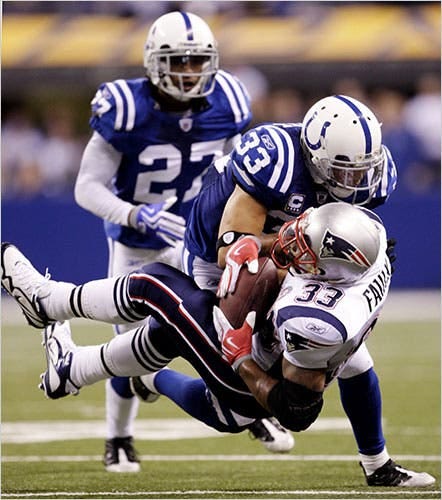Most of the time, when we talk about the good decisions we make, we talk about a decision that produced good results. We don’t talk about the quality of the processes that allowed us to reach that result, but instead judge the quality of the decision on the outcome. It worries me.
I’ve written before about how AI affects our decision making. But I am becoming convinced that one of the most pressing concerns isn’t decisions we make, but how we choose to judge them. I worry about the rise in “wrong process, right result”.
AI has eliminated friction in learning. No longer do you labor over discovering the answer on your own. You ask AI to solve it for you. College has become “how well I can use ChatGPT” with everyone majoring in prompt engineering. Crypto and meme stocks allow investors to 20x their investment despite the coin or company being absent of any fundamental value. When Fartcoin or Gamestop changes your life, you worry less about their fundamentals and instead chase the quickest route to more money. Football coaches are rewarded for bad playcalling and cowardice decision making when they escape punishment for surrendering with a punt on fourth down, despite analytics indicating otherwise.
Sometimes, these things work, though. The AI infused essay is given an “A” because the detector software couldn’t sniff it out. Somehow, the bottom in Gamestop is timed, and it brings a 2000% ROI on an irresponsible investment. Even better, a sports team wins too, despite their coach punting on 4th and three from the opponents’ 43-yard line with seven minutes left. But hey, if it works, does it really matter?
Picture this: two of the best quarterbacks in NFL history are playing in prime time. Tom Brady’s New England Patriots against Peyton Manning’s Indianapolis Colts. The Patriots lead 34-28 with just over two minutes left, but face a fourth-and-2 from their own 28-yard line. A sure punt situation, right? Not quite.
Peyton Manning is on the other sideline. He could lead a scoring drive from anywhere on the field in any amount of time, so best to keep the ball from him. The Patriots decide to go for it. It’s a short pass to Kevin Faulk, one of the best short yardage guys in the NFL. However, Faulk comes up short. Patriots fans are stunned. The Colts are awarded the ball thanks to the turnover on downs. It takes them four plays to score and win the game. That Patriots Coach Mr. Bill Belichick is really some genius, huh? Going for it on fourth down in his own territory, what an idiot, no? The media was irate, "the worst coaching decision I've ever seen Bill Belichick make." They couldn’t contain themselves. “The decision to go for it would be enough to make my blood boil for weeks.”
But why should a decision be judged by its result? If I jump off a cliff but land on my feet, does that make it a good decision? Say I get overleveraged on a meme stock but double my money. It worked, but would you call it a success? Although the aggressiveness blew up in the Patriots’ face, they didn’t make the wrong call. Going for it increased their win probability by 9% against a first-ballot Hall of Famer whose team had yet to lose that season.
Imagine if Kevin Faulk ran over the defender and scooted to a first down, Bill Belichick would have been praised as a genius. Heck, maybe even called a revolutionary to the game of football because he took a risk and went for it on one of the season’s biggest plays.
The media was guilty of ignoring the Patriots’ correct process and focusing only on the poor outcome. We default into associating results with the quality of decisions even when the decision and result aren’t perfectly correlated.
I could put a caveat here and say, of course, sometimes you get lucky and should celebrate that, but I don’t want that to be the emphasis. Real, sturdy confidence isn’t borne out of luck. I think it is mindful to be wary of our decision making and how we judge those decisions. If you judge your decisions by the results and never take time to evaluate the processes, it is hard to see how you will ever learn. Growth is borne out of processes, not results. Inertia pushes us to judge our decisions on results, but I don’t think that is how confidence is built or improvement is made.
Appreciate you being here. I would love to hear from you. Leave a comment.
-Scantron
Into the archives:





